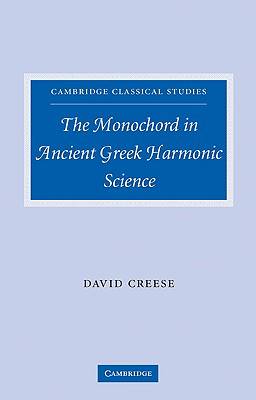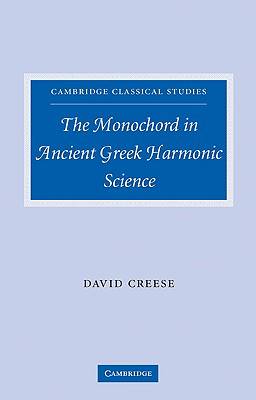
- Afhalen na 1 uur in een winkel met voorraad
- Gratis thuislevering in België vanaf € 30
- Ruim aanbod met 7 miljoen producten
- Afhalen na 1 uur in een winkel met voorraad
- Gratis thuislevering in België vanaf € 30
- Ruim aanbod met 7 miljoen producten
Zoeken
Omschrijving
Among the many instruments devised by students of mathematical sciences in ancient Greece, the monochord provides one of the best opportunities to examine the methodologies of those who employed it in their investigations. Consisting of a single string which could be divided at measured points by means of movable bridges, it was used to demonstrate theorems about the arithmetical relationships between pitched sounds in music. This book traces the history of the monochord and its multiple uses down to Ptolemy, bringing together all the relevant evidence in one comprehensive study. By comparing the monochord with a number of other ancient scientific instruments and their uses, David Creese shows how the investigation of music in ancient Greece not only shares in the patterns of demonstrative and argumentative instrument use common to other sciences, but also goes beyond them in offering the possibility of a rigorous empiricism unparalleled in Greek science.
Specificaties
Betrokkenen
- Auteur(s):
- Uitgeverij:
Inhoud
- Aantal bladzijden:
- 426
- Taal:
- Engels
- Reeks:
Eigenschappen
- Productcode (EAN):
- 9780521843249
- Verschijningsdatum:
- 26/07/2010
- Uitvoering:
- Hardcover
- Formaat:
- Genaaid
- Afmetingen:
- 140 mm x 216 mm
- Gewicht:
- 703 g

Alleen bij Standaard Boekhandel
+ 412 punten op je klantenkaart van Standaard Boekhandel
Beoordelingen
We publiceren alleen reviews die voldoen aan de voorwaarden voor reviews. Bekijk onze voorwaarden voor reviews.











